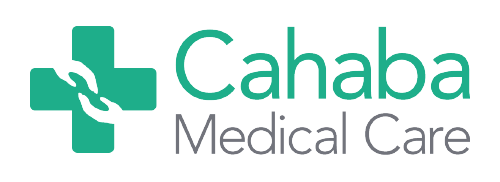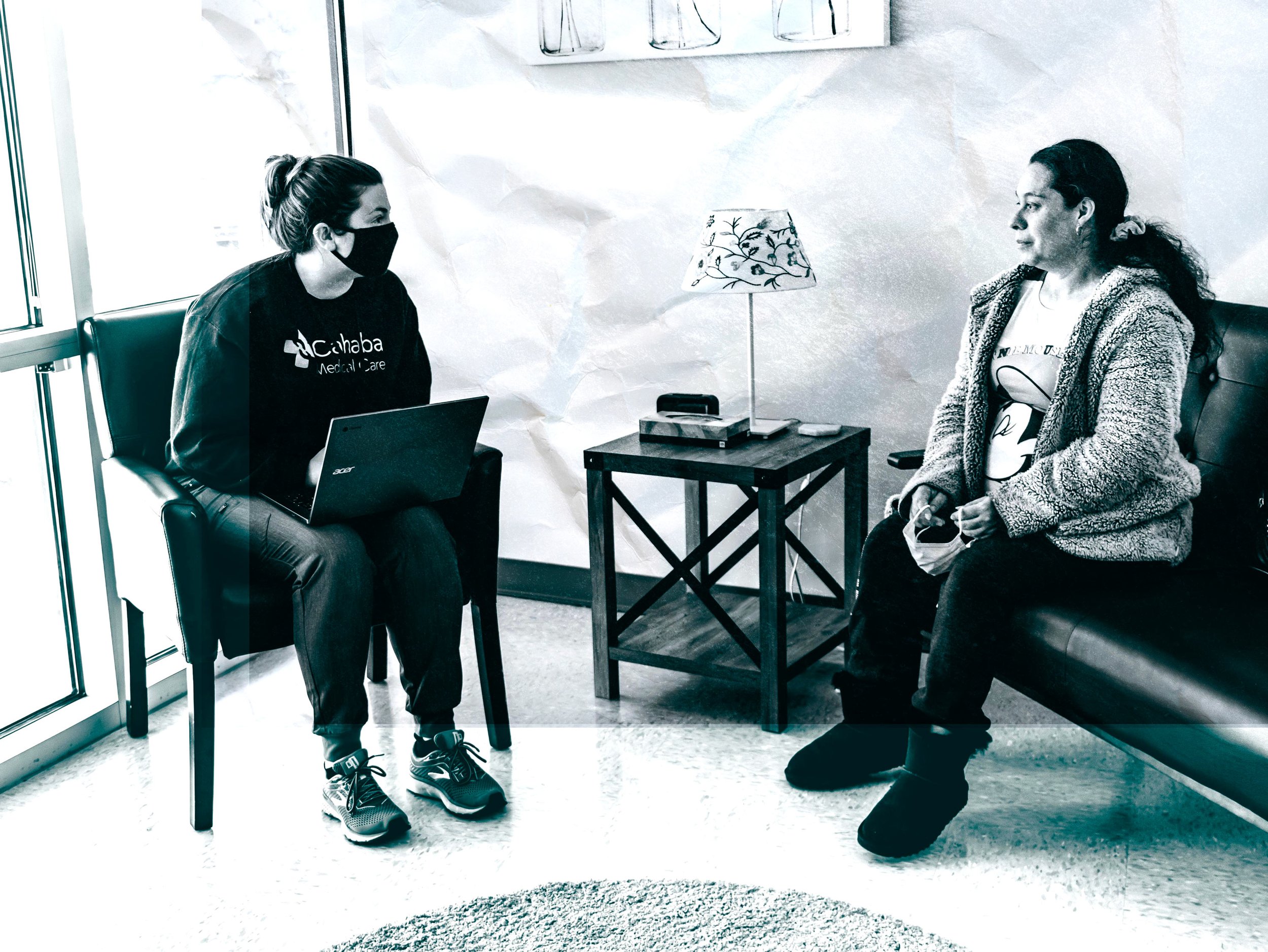Erika's Story: Part 2
“Tenemos que salir adelante.”
The story of one family’s resilience and how Cahaba walked alongside them
Last week, we introduced Erika Velasquez and her husband Osbaldo. Read more about them here.
In 2021, Erika and Osbaldo found out they were expecting their third child together. This time, they knew where to go - they called Cahaba and Erika came in for her first prenatal visit. She recalls her previous pregnancies: “For my first pregnancies, I went to the doctor downtown. They were stricter, and they charged more - here, it’s more affordable. And Dr. Linken is more…” she paused to search for the right word. “Thoughtful.”
At her last prenatal visit, her blood sugar levels were high. She didn’t seem worried, though. She thinks back on her first pregnancies: “Actually, my blood sugar levels when I was pregnant [before] were always high, but they never gave me any medicine. But here, they’re giving me medicine.” She feels taken care of.
Prenatal care goes beyond regular visits and ultrasounds here at Cahaba. Because Erika doesn’t have health insurance, Katie Waits, LBSW, social worker case manager, scheduled an appointment with her to help her apply for Emergency Medicaid. And behavioral health consultant Melanie Neff, LICSW, meets with her regularly, too.
Integrated Perinatal Mental Healthcare
In 2021, Neff implemented Cahaba’s first integrated perinatal mental health care program at our Bessemer location because an estimated sixty percent of women nationwide experience a perinatal mood and/or anxiety disorder (PMAD) during their pregnancy. Before the program, she only saw 11 of 91 OB patients at the Bessemer clinic in the span of 6 months. But in the last three months of 2021 alone, she saw 100% of the clinic’s 62 OB patients on a regular basis.
The behavioral health program has three goals: (1) Increase Universal Screening of all pregnant and postpartum women, (2) Decrease stigma associated with mental health challenges for women, and (3) Identify and monitor women who are identified as high risk in relation to mental health challenges. Neff states, “It’s really rewarding, and it’s doing what it’s supposed to do.” She reports that her patients open up about things they wouldn’t have otherwise shared at their regular prenatal visit, and it builds education and awareness of PMADs on the front end and lets patients like Erika know they have a safe space to come to if they need it.
Here at Cahaba, we believe not only that everyone deserves access to healthcare, but also that healthcare should be high quality no matter where you come from, the color of your skin or how much money you have. Most of our patients have Medicaid, Medicare, or no insurance at all, and many of them live under the Federal Poverty Line, which means they are also enrolled in our sliding fee discount program that allows them to pay as little as $5 for their doctor’s visits.
In order to continue providing high quality care for patients like Erika and Osbaldo, we depend on support from grants and donors. If you would like to be part of what makes Cahaba unique - that is, our quality and accessibility - visit www.cahabamedicalcare.com/donate to learn more.


